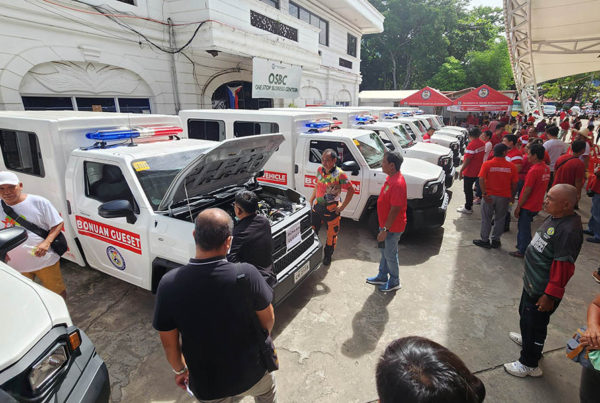ASF hits 51% of hog population in Pangasinan
HOUSEHOLDS in Pangasinan decided to be pork-less after they were told that the price of pork in the market has rocketed from P200 per kilo to as high as P260 to P270 per kilo.
What most didn’t know was about 51 percent of the estimated 280,000 hog population of Pangasinan were already affected by the African Swine Fever (ASF).
Acting Provincial Veterinarian Jovito Tabarejos said the spike in retail price was the drop in the supply because some 30,000 pigs in the province have so far been culled and buried since ASF disease spread in August last year and continues to this day.
Some of the hogs died in their pens and others were disposed of to be slaughtered before can be hit by the ASF, a non-curable swine disease.
The latest area hit by the disease is the western part of Pangasinan, particularly the towns of Bolinao, Anda, and Bani as well as the city of Alaminos.
He confirmed that the hog disease in San Fabian was contained after 100 hogs died or were culled.
The disease was earlier felt in Binmaley, Lingayen, Malasiqui, Calasiao, Dagupan City, San Carlos City, Sual, Mangaldan, Sta. Barbara, Mapandan and Manaoag.
Culling, according to Tabarejos, was expedited with the help of the Animal Diagnostic Laboratory of the Bureau of Animal Industry (BAI) in Sta. Barbara that analyzes the submitted specimens of dying or dead hogs, no longer the Department of Agriculture laboratory in San Fernando, Pampanga.
It was learned that in the markets of Dagupan, pork now sells at a high of P260 per kilo.
According to Tabarejos, most of the pigs that were affected were being raised in backyard.
Consequently, many of backyard raisers sold their stocks at a loss before their pigs could be infected too by ASF.
“It is the scare that drove many households in the province to give up pig raising as an additional source of income of their families,” Tabarejos said.
According to Tabarejos, the remaining pigs in Pangasinan are those coming from hog farms which are better protected because their owners are adopting strict bio-security measures. (Leonardo Micua)
Share your Comments or Reactions
Powered by Facebook Comments








